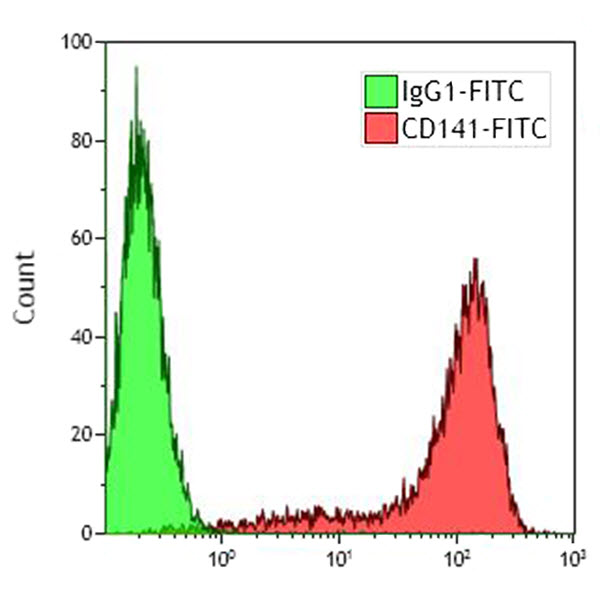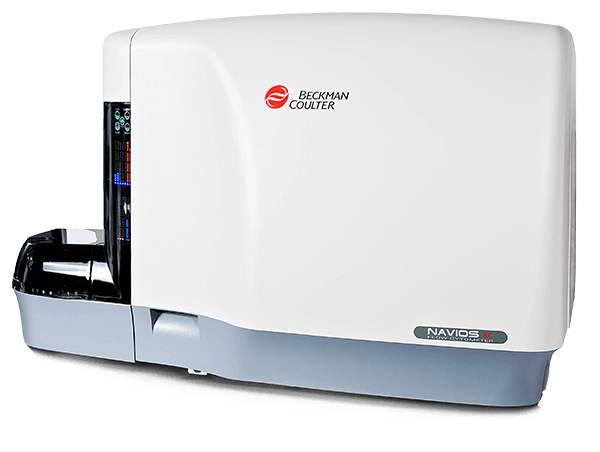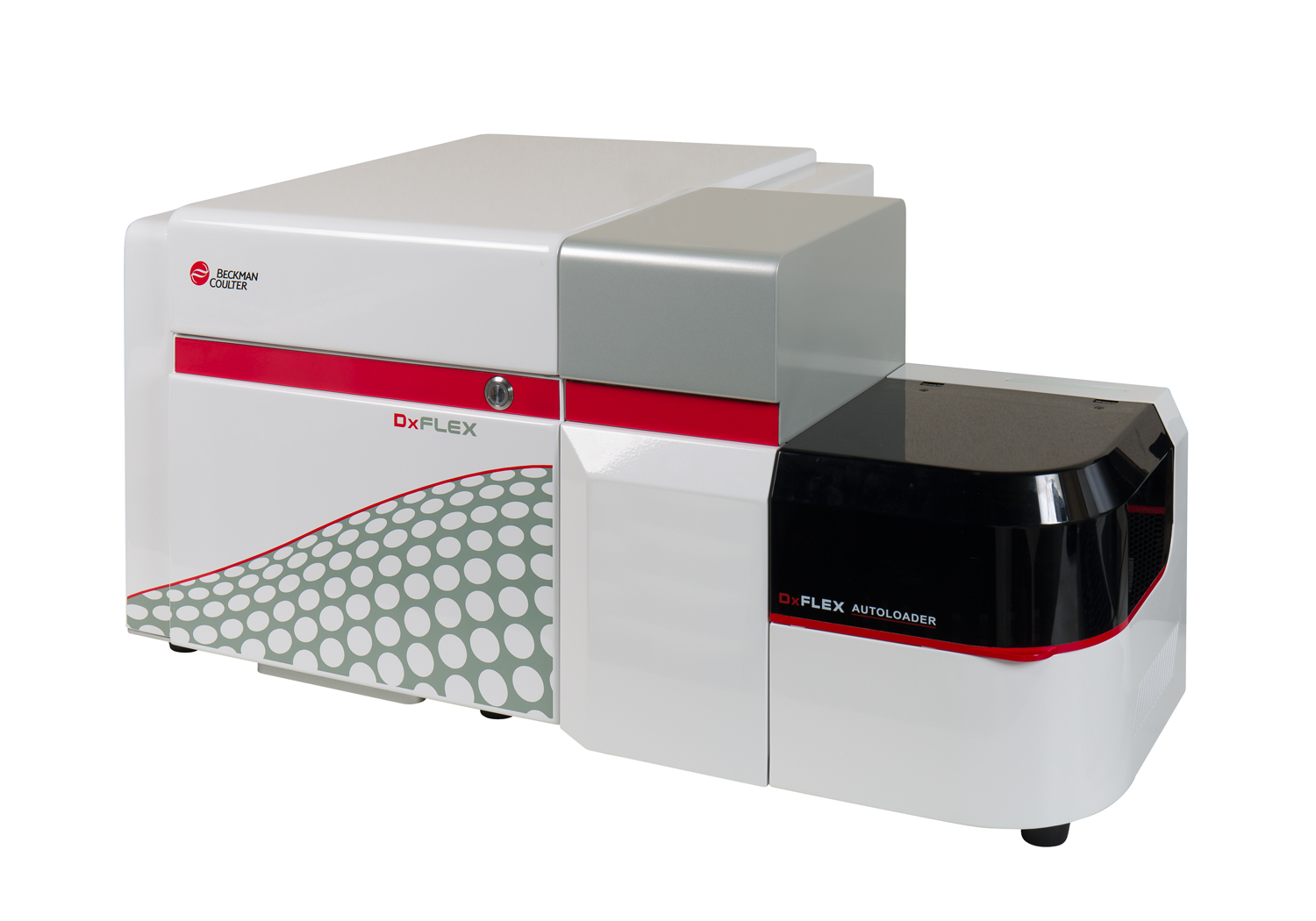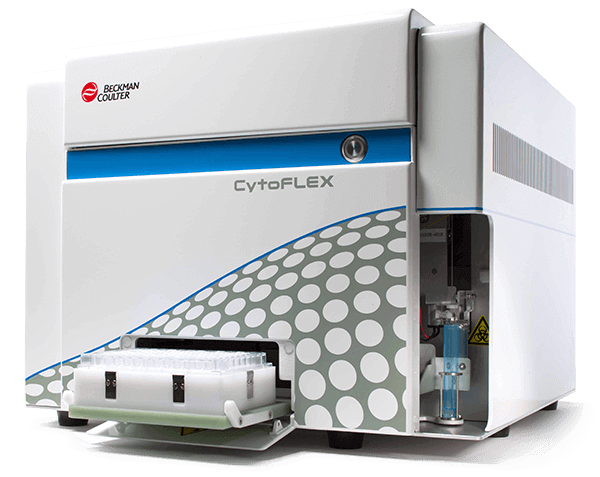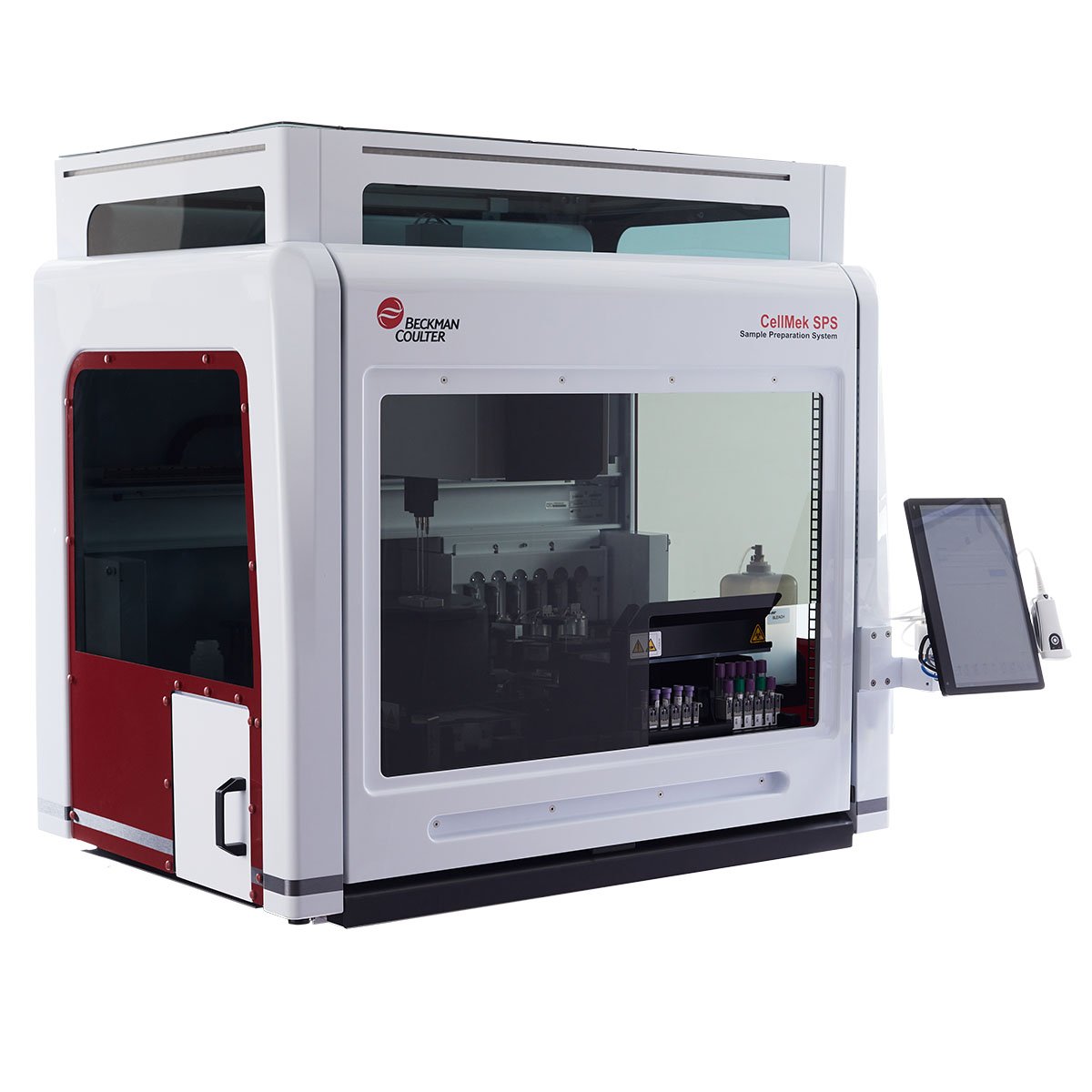CD141 (BDCA-3) Antibodies
CD141, also known as thrombomodulin (TM) and BDCA-3, is an endothelial cell surface receptor. It is a 75 kDa type I membrane glycoprotein and members of C-type lectin family. Two major isoforms exist, differentiated by the presence or not of sulfated glycosaminoglycan at Ser/Thr region. CD141 antigen is expressed on neutrophils, monocytes and platelets. CD141 is expressed at high levels on a minor subpopulation of human myeloid dendritic cells that show monocytoid morphology. This subpopulation of dendritic cells is of special interest, because it has an influence on regulatory T cells and hence on immune responses. CD141 is also expressed by vascular endothelial cells, and keratinocytes. It is a cofactor in the activation of protein C and initiation of the protein C anticoagulant pathway by binding to its ligand thrombin.
| Clone: M80 | Isotype: IgG1 Mouse |

